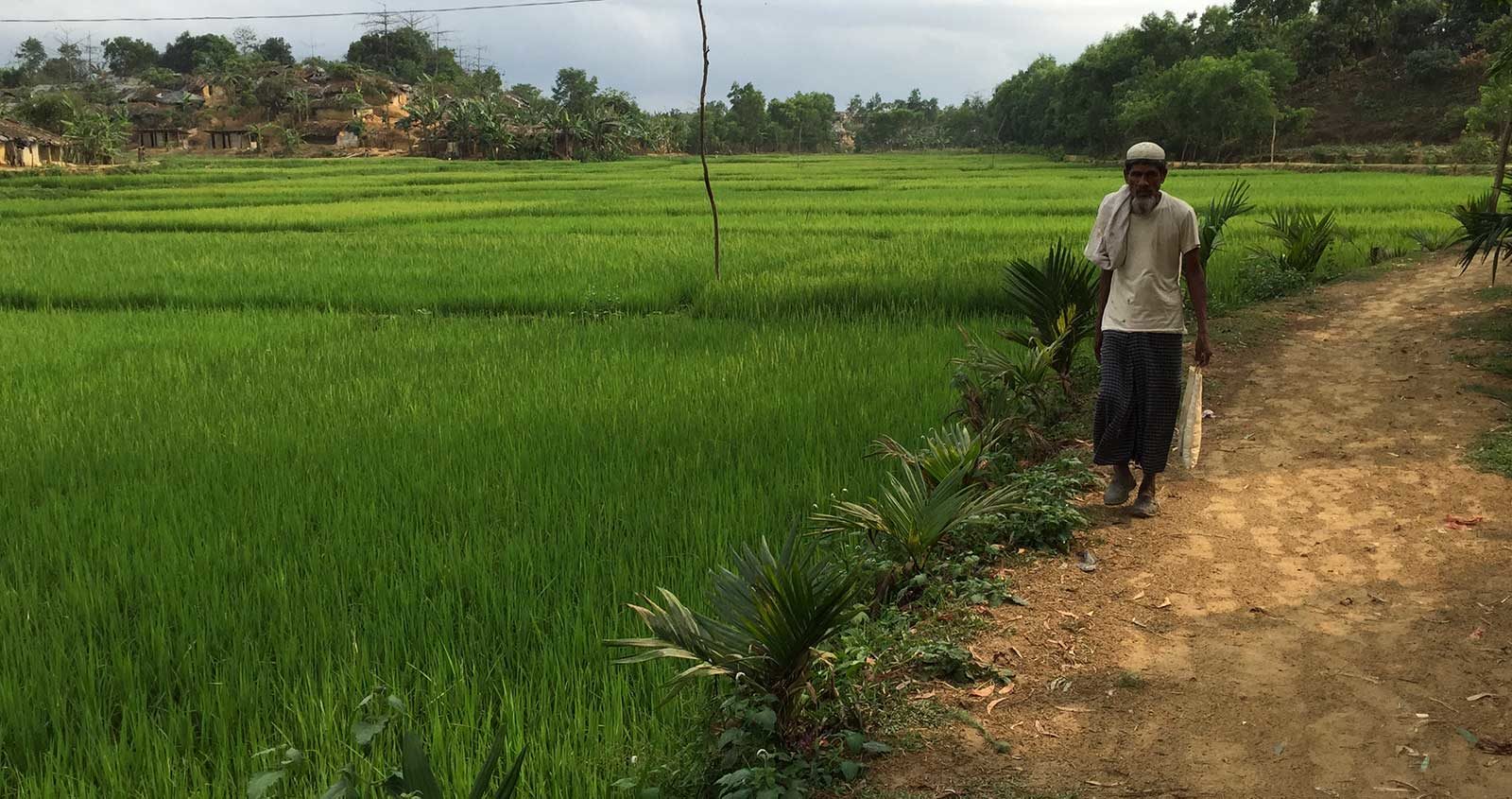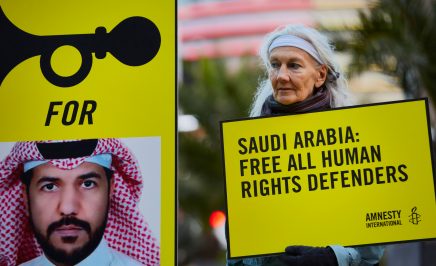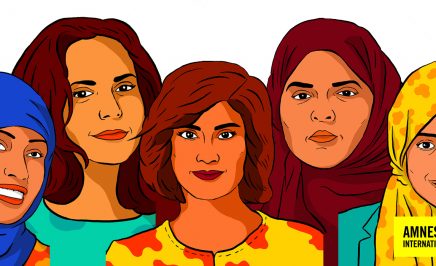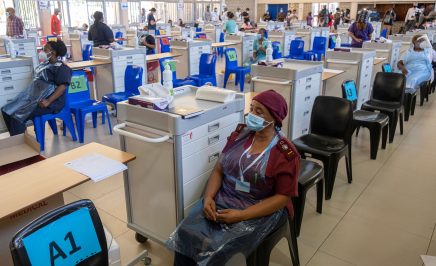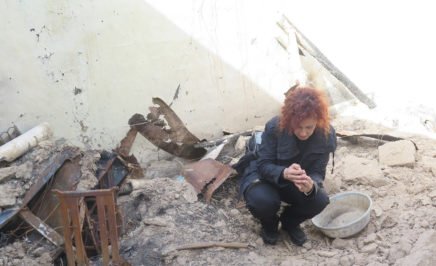By Imran Mohammad, winner of the 2016 Amnesty Blogging Competition
There is a very small area of land on the western coast of northern Myanmar called Rakhine State, where a group of people are not able to speak for themselves. This cultural group, the Rohingya, is losing its people, culture, traditions, language and land. These are my people. My father used to tell me how, as they couldn’t see a future for themselves or the next generation, many of his relatives fled their country in the ‘70s.
There were many families who embarked on the journey, most of them related to us, including my grandparents and my uncles and aunts. My father was the eldest son in his family, so at the age of 12, he stayed in Myanmar (then called Burma) to look after their land and some of his sisters.
I was told they fled in a big group and their aim was to reach Saudi Arabia, a journey of over 5000 kilometres. It was a place of pilgrimage, where they could visit Mecca frequently. They believed that there, unlike their homeland, they would be treated as equals.
My father and my uncles told me about the journey as a boy, but this is the first time their story, which has been hidden in my ancestors’ hearts, has been shared publicly.
The long journey

For years they walked, boarding a boat from time to time to cross borders. They walked through many countries – Bangladesh, India, Pakistan, Afghanistan, Iran, Iraq, Oman and finally Saudi Arabia. They would walk all night and relied on roosters and the sun for the time. The moon and the stars were their guides. During the day they would hide the women, children and old people in the mountains to avoid being caught, while the young men assimilated themselves into the varied communities to work.
When they entered a country, they stayed long enough to earn enough money to enable them to move on. They made friends in those countries and received help from them. They also held fake documentation when it was required.
“They would walk all night and relied on roosters and the sun for the time. The moon and the stars were their guides”
Many families gave up along the way. Many lost their lives or their loved ones. Some gave up because of their health and had no choice except to stay in countries along the way. They were now stateless and could never return to their country. The others continued their journey until they arrived in Saudi Arabia.
My father only heard this amazing story 12 years later. First, from a letter through a Bangladeshi man, and later via a cassette tape. We used to gather in the house to listen to their voices. It was a big event that took place in our house. We sent back tape cassettes back to them too.
My grandfather and grandmother have since died but my uncles are still alive and their children have grown up in Saudi Arabia. When they re-tell their story, even they find it hard to believe that they made this unbelievable journey.
Life for the Rohingya in Saudi
in Saudi Arabia, none of my relatives have received any education. Although they have been living there for decades – they share the same religion, dress as Saudi Arabians and look exactly the same – they have never received any legal papers from the Saudi authorities.
A great number of Rohingya, not just my family, fled in the ’70s and have been living in Saudi Arabia for decades. Similarly, none of them have gained legal migration documentation and have to be sponsored by a Saudi Arabian, called a ‘Kafeel’. It is almost impossible for them to own anything like houses or cars and if they get caught up in legal issues, they find they have no rights. Some of them have ‘Acama’, a type of documentation which enables them to stay in Saudi Arabia, but it is extremely difficult to renew, every one or two years.
“Although they have been living there for decades – they share the same religion, dress as Saudi Arabians and look exactly the same – they have never received any legal papers”
Rohingyans there are called ‘Bormaoi’ and many languish in prisons because they have no legal documentation. There are no humanitarian organisations who can provide help and those imprisoned only have two choices to facilitate their release — claim they are from Bangladesh and be deported there, or pay a lot of money to a prison guard who will help them to be released illegally.
The situation in Myanmar
The bleak situation in Saudi Arabia, however, is nothing compared to the conditions my people face in Myanmar. It is believed more than one thousand Rohingya were killed in recent military attacks by the Burmese military. A number of villages have been completely destroyed, houses were burnt down and everything was looted. Serious concerns are held for the young women and girls who face gang rape every day and it’s said many of them die during the rapes. There has not been any glimpse of support from the outside, as northern Rakhine has been locked down since October 2016.
In spite of having hundreds of deadly obstacles, a vast number of Rohingyans fled because of the prevailing troop attacks. Many are in Bangladesh now and desperately require attention from the world. There are a few government registered camps in Bangladesh where thousands of Rohingyan refugees are living in extremely poor conditions. Although generously funded by the UNHCR, the refugees only receive a meager amount of food.
My people have been pushed to their limits and can no longer tolerate living in their own land, or as they are forced to do, in any other land. They have been subjected to mass killings, gang rapes, discrimination, oppression and displacement and there has not been any effective support from other countries to stop this barbaric treatment.
When will the world listen?
